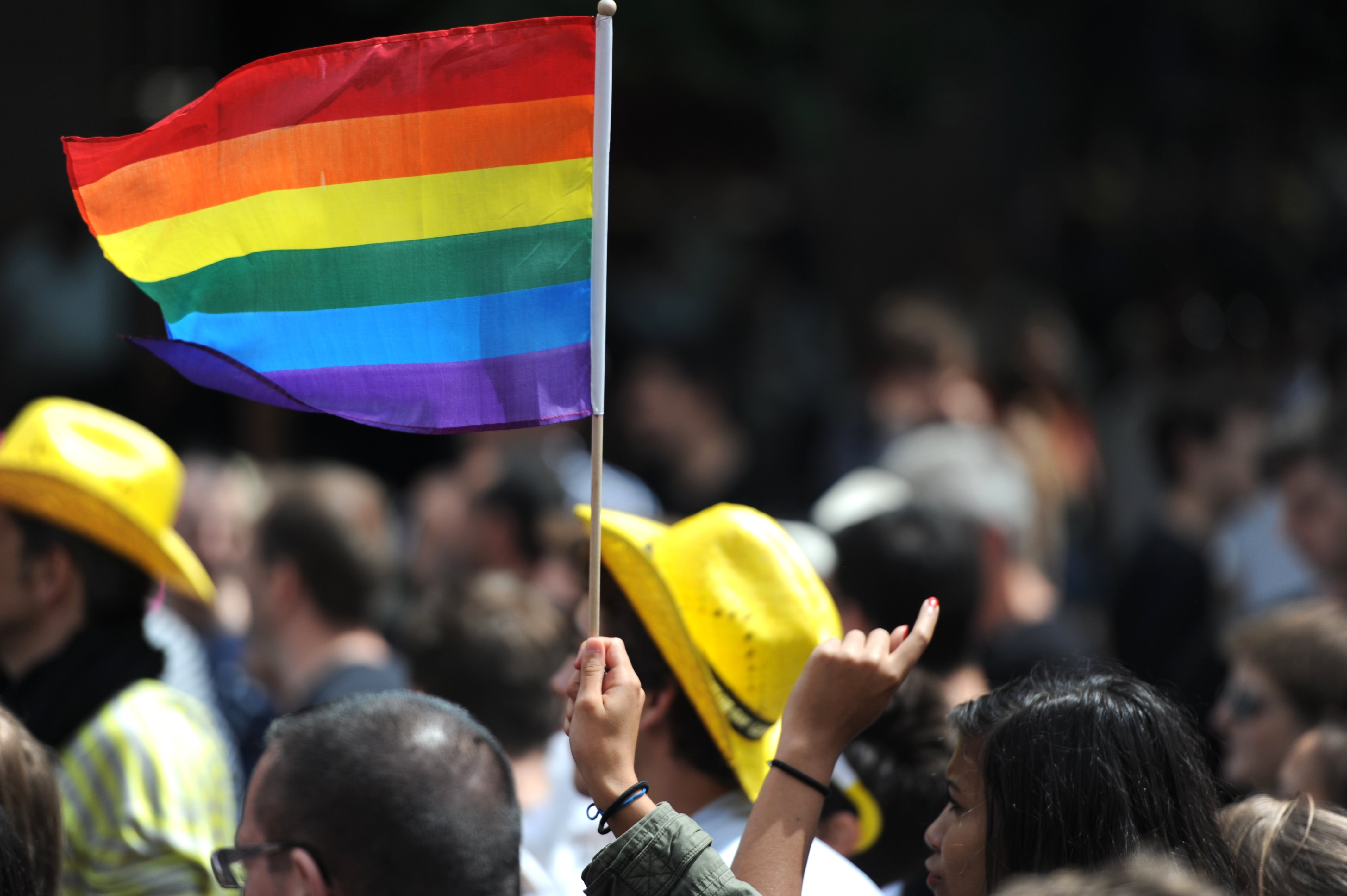
Despite the growing tolerance and acceptance for the LGBTQ community, many LGBTQ athletes still find the sports culture unaccepting of their orientation and lifestyles. Athletes are often forced to live by the “don’t ask, don’t tell” policy because, otherwise, they end up marginalized or may even kicked off of the team.
This month is the anniversary of Jason Collins coming out as the first active male openly gay athlete in major sports in America. He came out as a gay professional athlete publicly in April 29, 2013 with reluctant acquiescence from the NBA and the sports community. After a couple of 10-day contracts he signed with the Brooklyn Nets for the rest of the 2013-2014 season. Is this emblematic of how much progress we have made in treating everyone equal, regardless of sexual orientation? Well, it is not a complete reversal of LGBTQ discrimination by objectors but it is a step in the right direction.
Could this progress in the professional sports community be cataclysmic for the rest of the United States? Perhaps, because more states are legalizing gay marriage. However, there are United States housing policies that are discriminatory towards the LGBTQ community. They are discriminatory, not as direct policy, but in the absence of written policy that offers protection for this community. The federal Fair Housing Act contains no law that makes it illegal to discriminate based on sexual orientation or gender identity.
There are some ways to circumvent the effects of discrimination. For example, a gay man who is evicted because his landlord believes he will infect other tenants with HIV can have recourse by using the Fair Housing Act. The situation may constitute illegal disability discrimination under the Fair Housing Act because the man is perceived to have a disabling disease, HIV. Similarly, if a property manager refuses to rent an apartment to a prospective tenant who is transgendered because of the person’s non-conformity with gender stereotypes, it may constitute illegal discrimination on the basis of sex under the Fair Housing Act.
There may be some ways to mitigate discrimination in housing but progress still needs to be made in housing and society-at-large. The lack of specific direct housing regulations against discrimination towards the LGBTQ community leaves many residents subject toward inequity in housing. That there is only one Jason Collins (although Micheal Sam, a virtual lock for an NFL contract this upcoming season, will be joining him in that respect) in all four of the major sports with a non-traditional sexual orientation shows that there are still elements in the culture of male-dominated sports that negate an LGBTQ orientation. How, then, shall we help the cause? By making policies reserved for straight athletes or straight tenants available to the LGTBQ community. We are making inroads towards this goal but much is needed to continue towards the goal of equal rights and equal treatment for the LGBTQ community.
By Jose O’Campo, Research Assistant at Chicago Area Fair Housing Alliance
Photo by Guillaume Paumier
